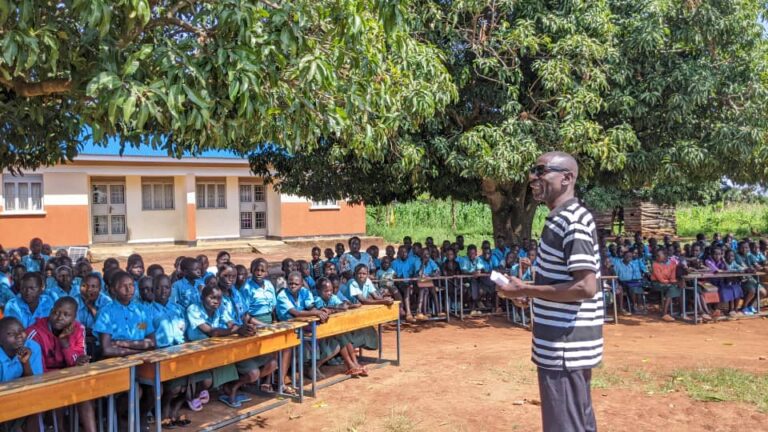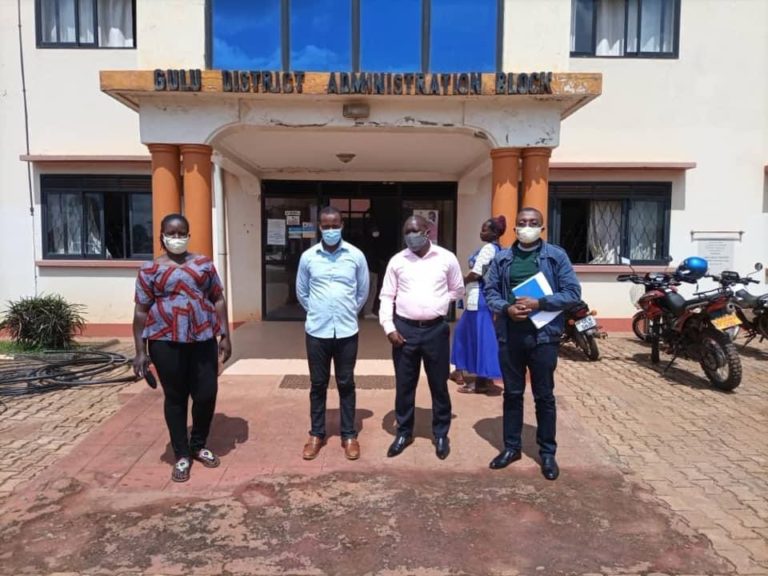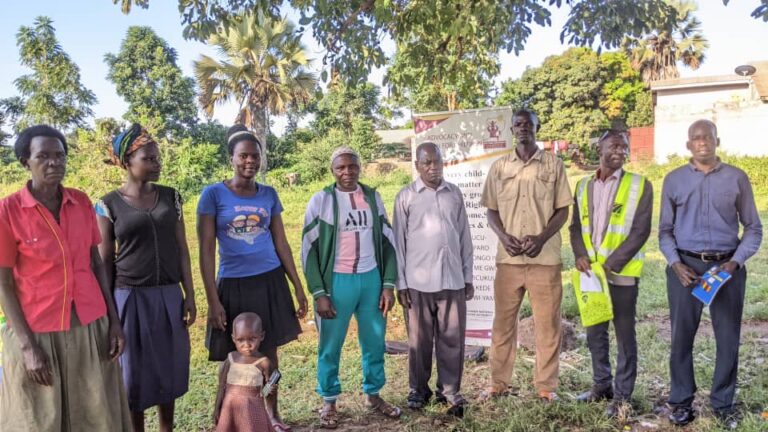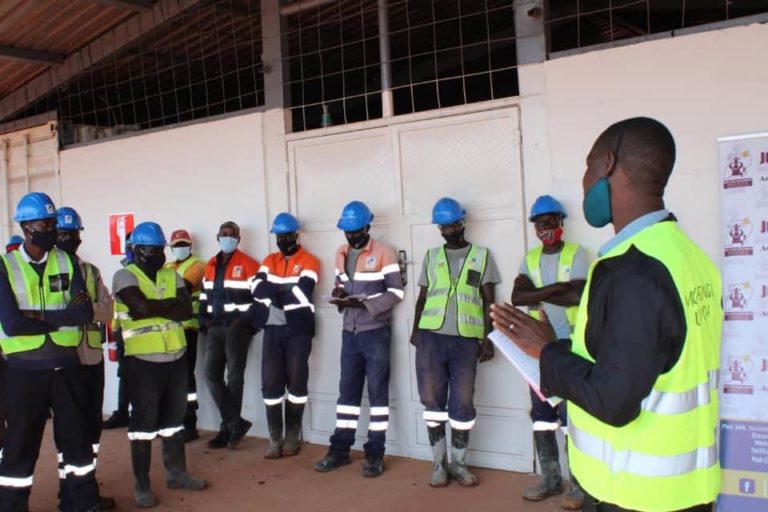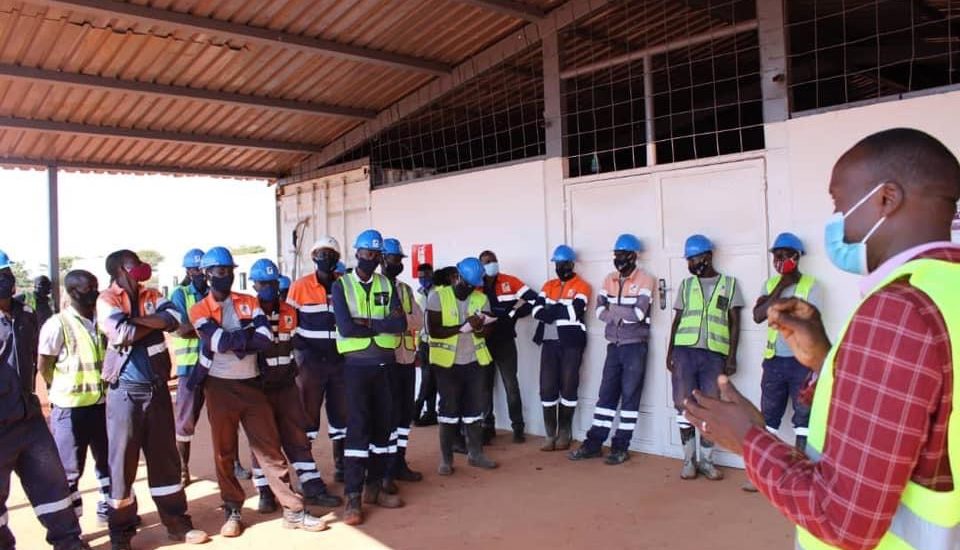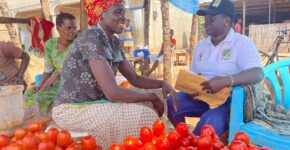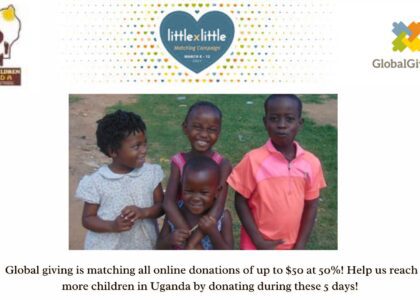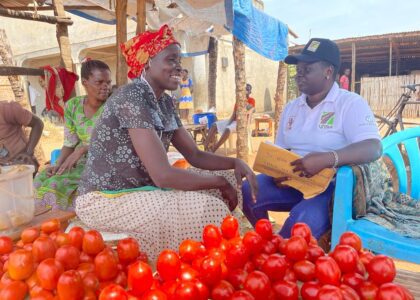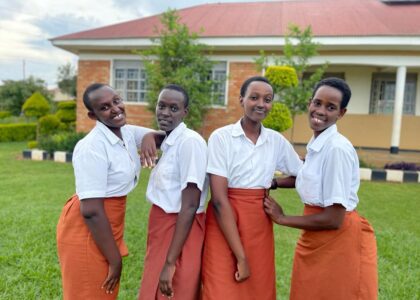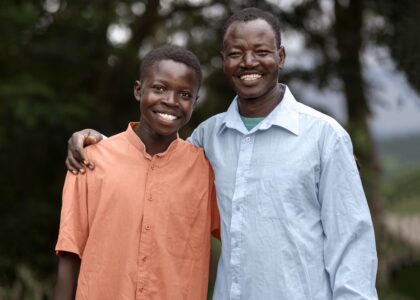The Uganda National Roads Authority (UNRA) plans to carry out maintenance of the road that runs from Soroti to Corner Kamdini running through the districts of Lira, Kole, Oyam and Dokolo under the North Eastern Corridor and Asset Management Project (NERAMP) Lango cluster. The North Eastern Road corridor Asset Management Project (NERAMP) aims to reduce transport costs, enhance road safety, and improves and services on the road assets through a cost-effective Output and Performance-based Road Contract (OPRC).
Given the known facts that labor influx can contribute to social risk in the communities where the infrastructure project is being carried out (USAID 2015, World Bank guidance notes on labor influx, 2016), social risks with NERAMP is also expected in communities since NERAMP is to employ 400-600 workers during the road rehabilitation project including the Lango cluster. There is therefore a need to carefully manage the social risks associated to the migratory labor to avoid in advert harm due to the project.
Joy for Children-Uganda was awarded a contract by Uganda National Road Authority to manage the social risks associated with Gender Based Violence (GBV) and Violence against Children (VAC) under NERAMP (Lango Cluster) – RFP No: UNRA/SRVCS/2017-18/00095, Road rehabilitation project. The Lango cluster composes of 4 districts (Lira, Kole, Oyam and Dokolo) and the project is rehabilitation of the existing trunk road connecting Soroti via the named districts up to Corner Kamdini which is being undertaken by a contractor hired by UNRA.
It is specifically assumed that the GBV and VAC program interventions will:
· Reduce gender-based discrimination and violence in the contractor workforce and local community in project area through Gender Based Violence (GBV) awareness
· Promote gender and child protection awareness in the contractor’s work force and local community in project area.
· Support survivors of GBV and VAC during the project implementation period
· Contribute to the prevention and or reduction of gender-based discrimination and violence in the contractor workforce and local community in project area through Gender Based Violence (GBV) awareness
METHODOLOGY OF PROJECT IMPLEMENTATION
The main methodological approach to be used is:
A. Sensitization of NERAMP Project workforce through meetings, dialogues, use of GBV and VAC IEC materials and media mainly radio about prevention of occurrence of the social risks of GBV and VAC.
B. Sensitization of community members along the road in identified trading Centre’s and social gathering places through the use of community Barraza, meetings with community, religious and cultural leaders, distribution of GBV, VAC IEC materials in local languages on GBV and VAC and through the use of media mainly radio, drama, dialogues, and sports.
C. Sensitization of the school community in identified schools along the road through community Barraza’s, meetings with pupils leaders, children, teachers, members of the Teachers and Parents Associations, through distribution of GBV, VAC IEC materials on GBV and VAC and through the use of media mainly radio, drama, dialogues, and sports.
Monitoring and reporting project activities during implementation
